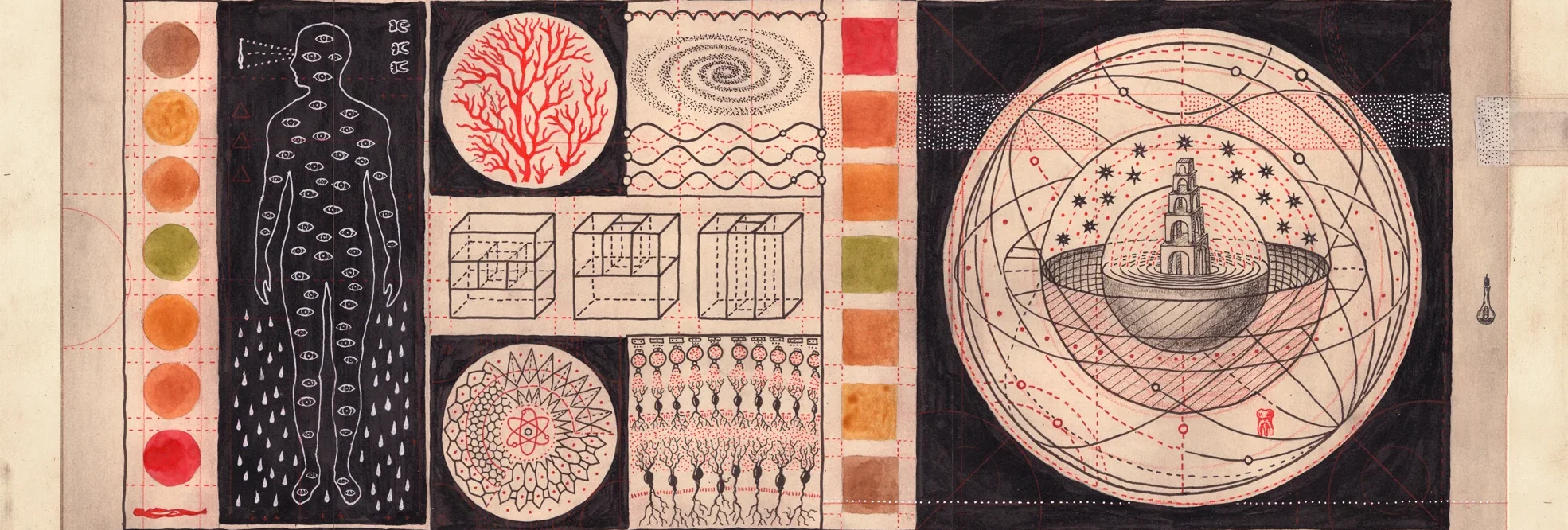No Results Found
The page you requested could not be found. Try refining your search, or use the navigation above to locate the post.

Welcome to Taproot Therapy Collective’s exploration of how design choices influence psychological experience, from therapeutic office layouts to home environments that support mental wellness. Our design psychology content examines how architectural elements, lighting, textures, and spatial arrangements affect mood, behavior, and healing outcomes.
Our design psychology articles explore how different environmental factors impact mental health, from the calming effects of natural light and biophilic design to how cluttered spaces contribute to anxiety and stress. We examine research on therapeutic environment design, the psychology behind color and texture choices, and how spatial arrangements influence social interaction and emotional regulation.
You’ll discover content on neuroarchitecture research showing how built environments affect brain function, cultural differences in design preferences and their psychological impacts, and practical applications for creating healing spaces. We also explore how digital design elements including user interfaces and social media aesthetics influence mental health and wellbeing.
These pieces connect design research with the therapeutic approaches detailed on our main services page, exploring how thoughtful space design enhances treatment effectiveness. From understanding how ceiling height affects creative thinking to examining how furniture arrangement influences therapeutic rapport, our content shows how environmental psychology informs effective mental health practice.
We examine evidence-based design principles for reducing anxiety and promoting calm, sensory considerations for trauma-informed spaces, and how accessibility features support inclusive mental health environments.
Our articles often explore how Birmingham’s architectural heritage, natural environments, and design traditions influence local mental health and community wellbeing. We examine how Southern design elements support psychological comfort while addressing urban planning’s impact on mental health outcomes.
Contact Taproot Therapy Collective: 📍 2025 Shady Crest Dr. Suite 203, Hoover, AL 35216
📞 (205) 598-6471
🌐 www.GetTherapyBirmingham.com
🎧 Podcast: gettherapybirmingham.podbean.com
Discover + Heal + Grow with Taproot Therapy Collective – Birmingham’s resource for understanding how design choices impact psychological experience and therapeutic outcomes.
The page you requested could not be found. Try refining your search, or use the navigation above to locate the post.